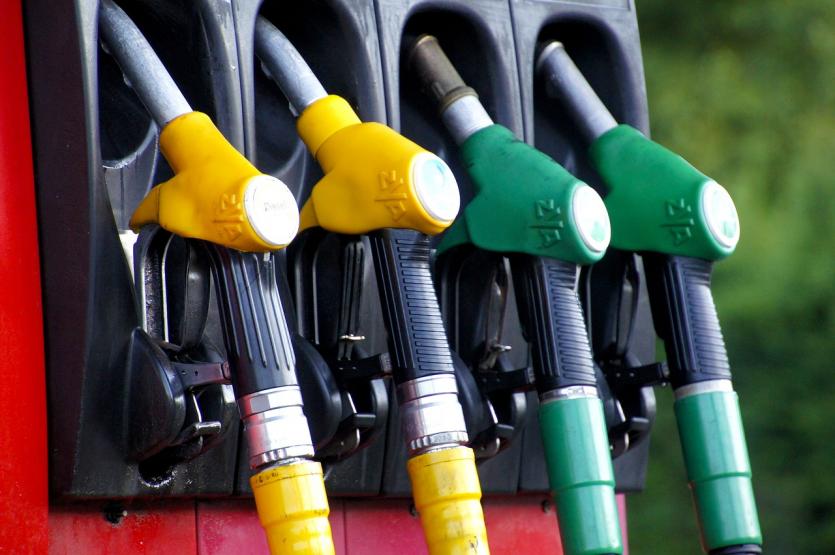Photo: TWD
By Patryk Krych | The World Daily | AUGUST 31st 2021
Algeria had been the last country in the world to still use leaded petrol, but, according to the United Nations Environment Programme (UNEP), that use has now ended, marking a global environmental milestone.
For almost a century since the leaded petrol’s invention, it’s contaminated air, soil and water repeatedly, causing millions of instances of lead poisoning all across the world. Now, there is no longer any country in the world that uses the petrol for cars and lorries, marking a point of celebration for both the UN, and environmentalists worldwide.
“Ending the use of leaded petrol will prevent more than one million premature deaths each year from heart disease, strokes and cancer, and it will protect children whose IQs are damaged by exposure to lead,” said UN Secretary-General António Guterres, who referred to the fruitful elimination of the leaded petrol as an “international success story.”
The fuel had already seen massive bans across the 1980s, in the majority of economically sound countries. Algeria had run out of the toxic substance back in July, and haven’t returned to it since then. Lead petrol has been linked with plenty of dangerous conditions, from strokes to heart disease, cancer, and even poor brain development among children. Lead poisoning is no longer anywhere near as terrible an issue as it once was, but now it may further progress towards becoming a rarity.
“It clearly shows that if we can phase out one of the most dangerous polluting fuels in the 20th century, we can absolutely phase out all fossil fuels,” said a climate campaigner at Greenpeace Africa, Thandile Chinyavanhu. The Greenpeace body themselves have referred to this development as “the end of one toxic era.”
The first warning signs of the danger of lead poisoning were pointed out back in 1924 at a US giant Standard Oil refinery, after at least a dozen people had been hospitalised and five head died, suffering convulsions and related symptoms.
UNEP launched its campaign to put a stop to the use of these fuels all the way back in 2002. Back then, two decades ago, over 100 countries still used the leaded petrol despite the known health and environmental risks. Most of these were low-income countries, as some of the bigger ones – such as the US and China, had already ceased using it.






